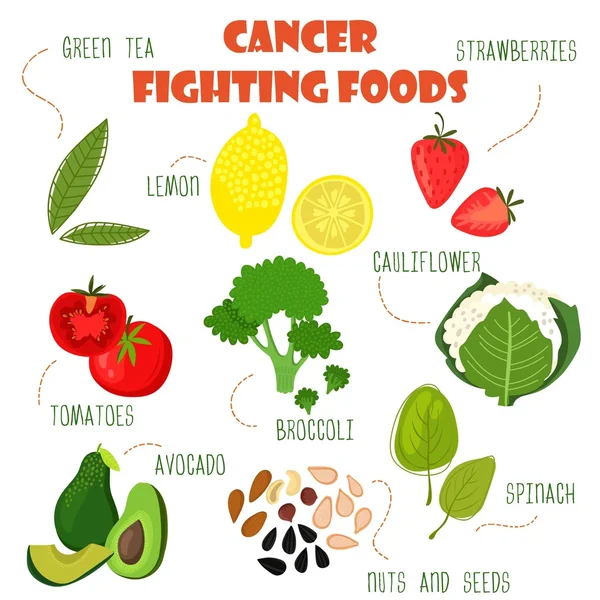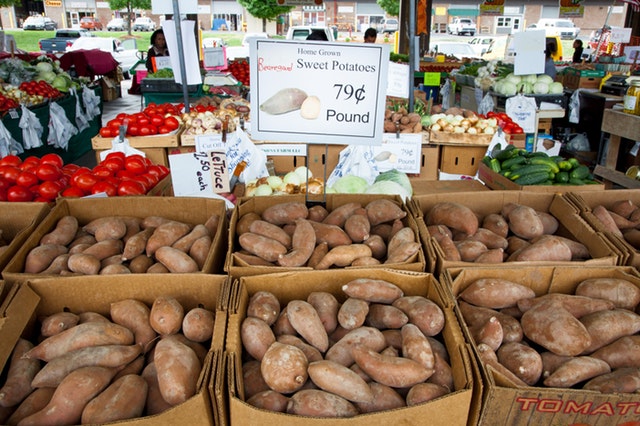Have you ever stopped to think about how the food you eat could be your first line of defense against serious illnesses like cancer? The idea of using food as medicine is not just a trend; it’s a fact backed by science. Every bite you take can either protects or leave you vulnerable to lifestyle diseases.
While there’s no magical food that guarantees immunity, some foods packed with antioxidants, vitamins, and anti-inflammatory properties can help protect your cells from damage, support your immune system, and even fight harmful changes in your body before they start.
In this post, we’ll dive into 20 powerful cancer-fighting foods. The focus isn’t about complicated health advice or boring meal plans. It’s about celebrating amazing foods you already know and love.
Table of Contents
Why Focus on Cancer-Fighting Foods?
Whether you’re focused on prevention, supporting your body during treatment, or simply striving for a healthier lifestyle, the foods you choose can make a real difference.
Picture this: your breakfast bowl with fresh berries isn’t just a treat for your taste buds; it’s loaded with antioxidants that fight free radicals. The broccoli in your lunch? It’s armed with compounds that could help stop cancer in its tracks. From juicy fruits and leafy greens to hearty grains and flavorful spices, these foods don’t just nourish—they protect.
Here’s a detailed list of cancer fighting foods and why they deserve a place on your plate.
1. Apples
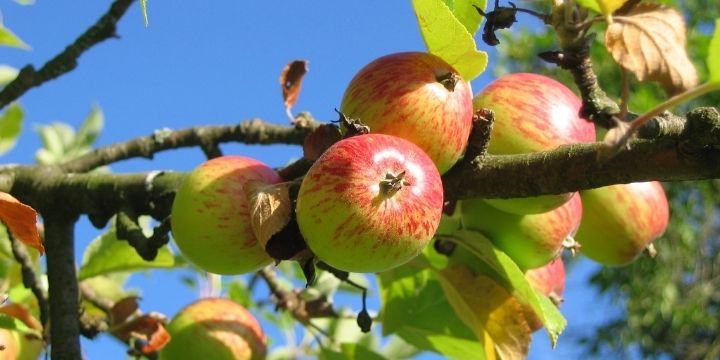
Apples contain flavonoids and phenolic acids, powerful cancer-fighting compounds that protect against cell damage and prevent cancer cells from multiplying. They are also a great source of vitamin C and fiber, working synergistically to reduce inflammation and promote gut health .
2. Berries
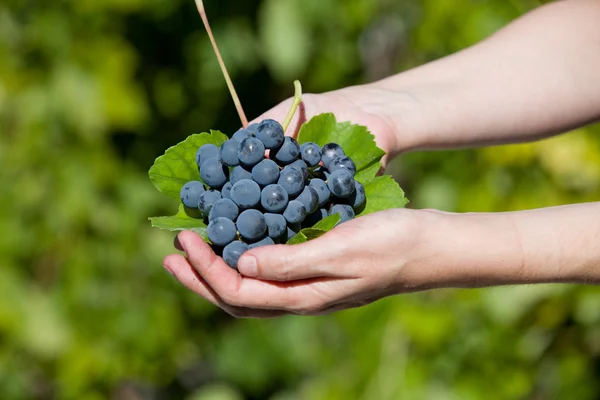
Berries, including blueberries, strawberries, and blackberries, are loaded with antioxidants like anthocyanins and ellagic acid. These compounds combat free radicals, reduce inflammation, and may inhibit the growth of cancer cells, particularly in the colon and esophagus .
3. Broccoli
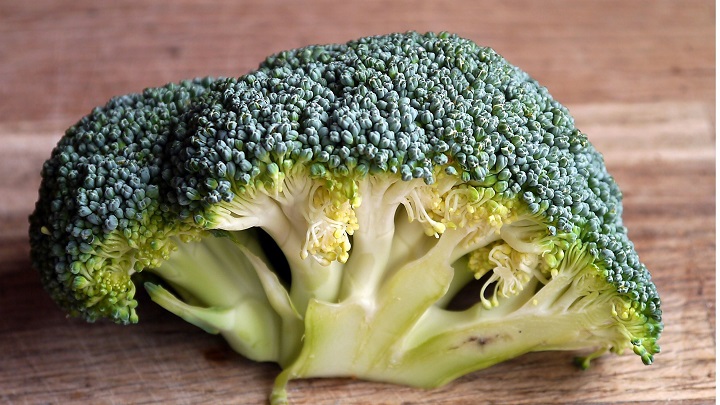
Broccoli is known for its high levels of sulforaphane, a compound that detoxifies carcinogens and helps protect against breast, prostate, colorectal, and lung cancers. It’s also full of fiber, which supports gut health, a cornerstone of cancer prevention .
4. Garlic
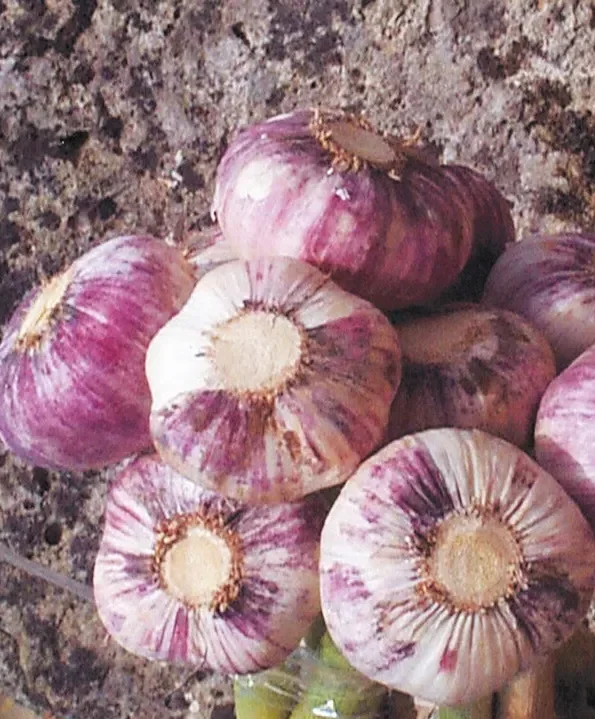
Garlic contains sulfur compounds known for their ability to inhibit cancer cell growth and protect against cancers of the digestive system, such as stomach and colorectal cancers. Adding fresh garlic to your meals is a simple yet effective way to boost your cancer defense .
5. Green Tea
Rich in catechins, a type of antioxidant, green tea has demonstrated the ability to lower cancer risk, especially for breast, colorectal, and prostate cancers. Regular consumption of green tea aids in reducing oxidative stress and promoting cell repair .
6. Turmeric
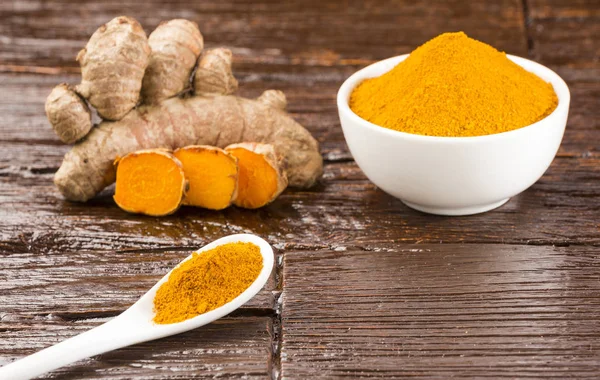
The active ingredient in turmeric, curcumin, is a potent anti-inflammatory and antioxidant. Studies have shown its ability to block cancer cell growth and spread, particularly in colorectal and pancreatic cancers. To increase bioavailability, pair turmeric with black pepper and a healthy fat .
7. Tomatoes
Tomatoes are a rich source of lycopene, an antioxidant that reduces damage caused by free radicals. Cooking tomatoes enhances the absorption of lycopene, making them even more effective against prostate, lung, and stomach cancers .
8. Spinach
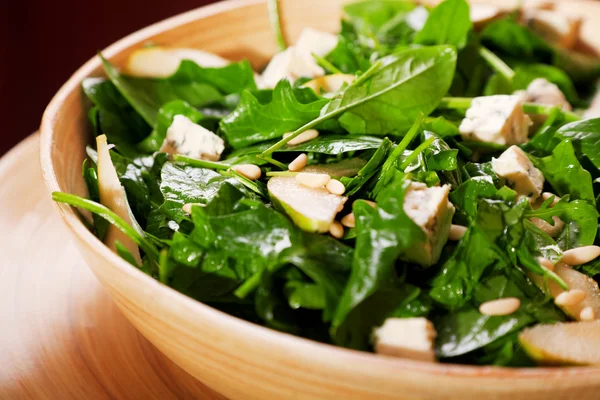
Spinach is packed with carotenoids and lutein, which have been linked to cancer prevention. It also contains fiber, vitamins, and minerals that collectively reduce oxidative stress and inflammation in the body .
9. Walnuts
Walnuts are an excellent source of antioxidants, omega-3 fatty acids, and phytosterols, all of which may help reduce the risk of breast and prostate cancers. Incorporate walnuts into salads, yogurt, or grab a handful for a snack .
10. Avocados
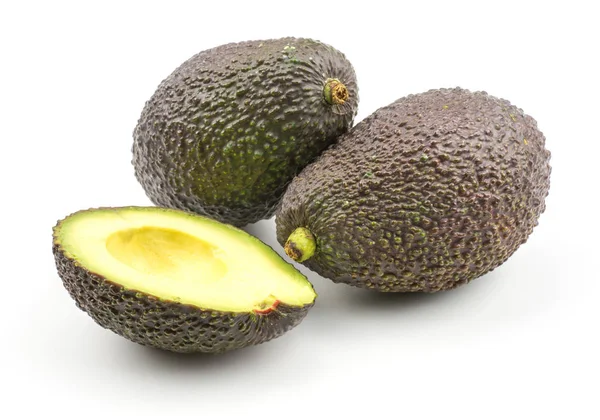
Avocados contain healthy monounsaturated fats, carotenoids, and antioxidants like vitamin E. These nutrients protect cells from free radical damage and are associated with reduced risks of breast and prostate cancers .
11. Mushrooms
Mushrooms are high in selenium and beta-glucans, substances known for enhancing immune function and preventing cell damage. Studies suggest that mushrooms can inhibit tumor growth and improve the efficacy of cancer treatments like chemotherapy .
12. Carrots
The vibrant orange color of carrots is due to beta-carotene, an antioxidant linked to lower cancer risks. Their high fiber content also promotes gut health and reduces the risk of colorectal cancer .
13. Kale
Kale is rich in antioxidants, including vitamin C, beta-carotene, and flavonoids, as well as glucosinolates that help detoxify the body and prevent cancer cell growth. Adding kale to smoothies or salads can boost your nutritional intake .
14. Grapes
Red and purple grapes contain resveratrol, a powerful antioxidant with anti-inflammatory and anti-cancer properties. Consuming grapes regularly can help reduce overall cancer risk .
15. Legumes
Beans, lentils, and chickpeas are packed with fiber, protein, and antioxidants. They reduce inflammation and support gut health, which are critical for preventing cancers like colorectal cancer .
16. Citrus Fruits
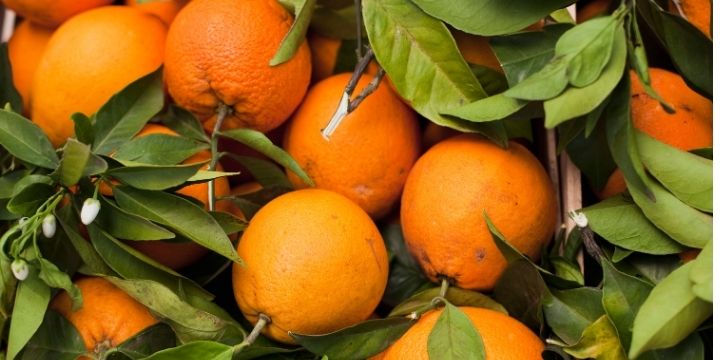
Citrus fruits such as oranges, limes, and grapefruits are rich in vitamin C and flavonoids. These compounds strengthen immunity and protect cells from free radical damage, reducing the risk of certain cancers like esophageal and stomach cancers .
17. Ginger
Ginger contains Gingerol, a bioactive compound with potent anti-inflammatory and antioxidant effects. It has been found to inhibit cancer cell growth, particularly in ovarian and colorectal cancers .
18. Fatty Fish
Salmon, mackerel, and sardines are great sources of omega-3 fatty acids, which have anti-inflammatory properties and may lower the risk of cancers like breast, prostate, and colorectal cancers. Omega-3s also support overall cardiovascular and brain health .
19. Beets
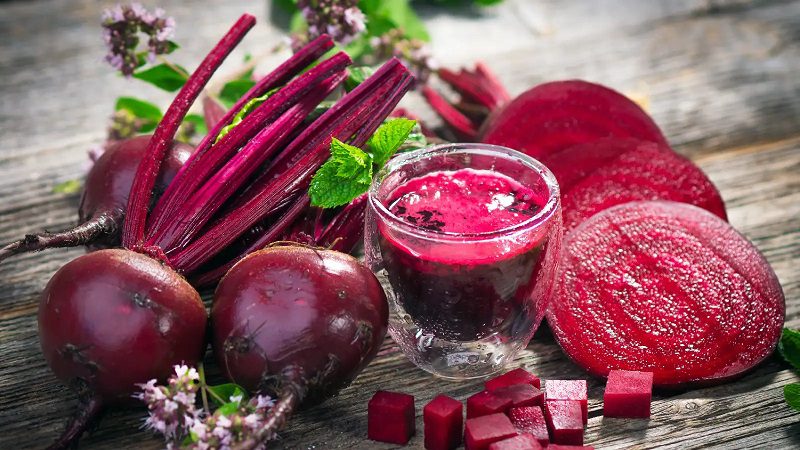
Beets are vibrant root vegetables packed with antioxidants like betalains and vitamin C. They also improve blood flow, support detoxification, and promote gut health, reducing cancer risks .
20. Flaxseeds
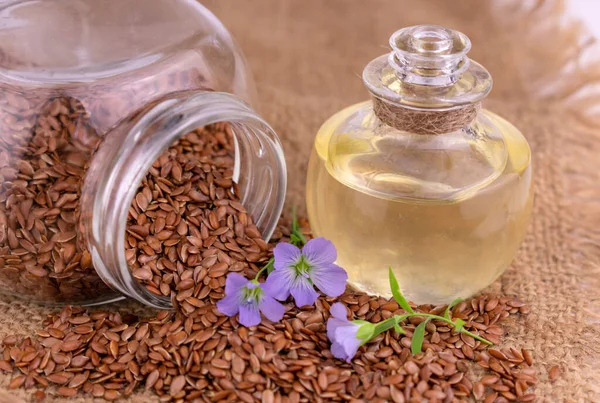
Flaxseeds are rich in lignans, plant compounds with estrogen-like properties that can help protect against hormone-dependent cancers like breast and prostate cancers. Additionally, flaxseeds are high in dietary fiber, supporting gut health and reducing inflammation .
Conclusion
Incorporating these 20 cancer-fighting foods into your daily diet is a simple yet impactful way to support overall health and reduce cancer risk. From berries to flaxseeds, each of these foods offers unique properties that combat inflammation, neutralize free radicals, and promote healthy cell function. Remember, the path to a healthier lifestyle begins with mindful choices about what you eat. Together, these foods can serve as powerful allies in your journey toward wellness.
